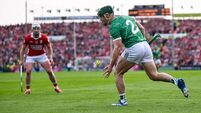Carter can show why he is the greatest 10 ever
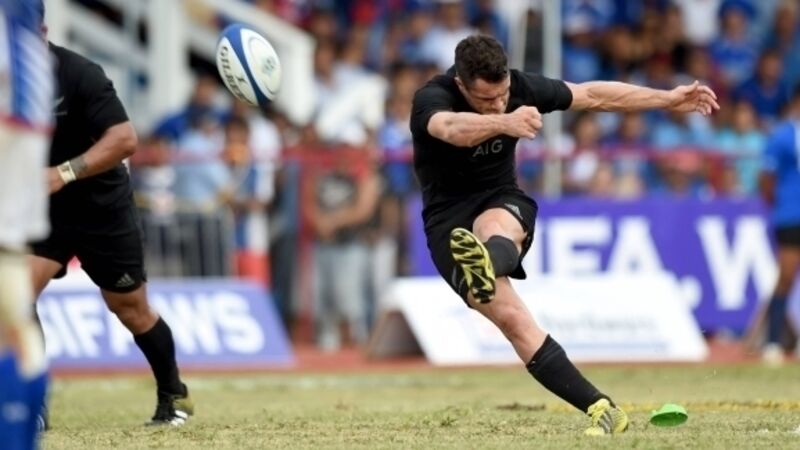
The pressure on these games is what affects the quality on display. Even in the final minutes of Australia’s semi-final win over Argentina, there was panic setting in. You saw Will Genia needlessly kick a ball away, something he would never normally do. For most games, coaches will say they are looking for a performance, but in the World Cup final, only the result matters. You’d have to have some tunnel vision to be just concentrating on performance.
Nonetheless, I think this one could buck the trend and be more exciting and higher scoring than some other finals. Both sides have a certain confidence about them, they’ll back their game plan, and will come to play.
That Australia and New Zealand have only conceded 11 tries between them throughout this tournament means there’s a school of thought that they could cancel each other out. You look at Australia’s defensive performance when they were down to 13 against Wales and the solidity and composure of the Kiwis that has put them ahead of everyone else at this tournament so far, but I’m not sure if either defence can cope with some of the individual talent in the opposition ranks. With all the best planning in the world, you can’t account for some of the players you’ll have on show.
Each side has distinct advantages in certain areas. Australia’s best hope comes from their back row; Michael Hooper and David Pocock must have incredible rugby brains because they’re like magnets to the ball. That doesn’t happen by accident — they have to think their way through it to always be that close to the action.
Those two haven’t just been slowing down opposition ball, they’ve been winning penalties too, which could be a massive advantage in a World Cup final. One of the most interesting aspects will be whether New Zealand play in their own half as they usually do, or look to exit with kicks to avoid giving Bernard Foley those potential three-pointers.
Foley started the tournament well and his individual performance in their pool-stage win over England was something we hadn’t seen from him before. But I feel he’s been on a bit of a downward trend since the quarter-finals and his goal-kicking will need to be perfect here. Dan Carter might miss, but I don’t think he’ll miss twice.
They’ve been very quick to knock Carter in New Zealand — a poll of the country’s rugby journalists showed most wanted Beauden Barrett to be the All Blacks’ fly half. But Carter comes in, keeps things ticking over, and then explodes brilliantly against France. He was the difference against South Africa too, as that composed drop goal showed. He’s just never rattled, never loses the head. When Carter comes to Racing 92 after this tournament, I might be the coach and I’m sure we’ll share some ideas, but I’ll be the one learning from him.
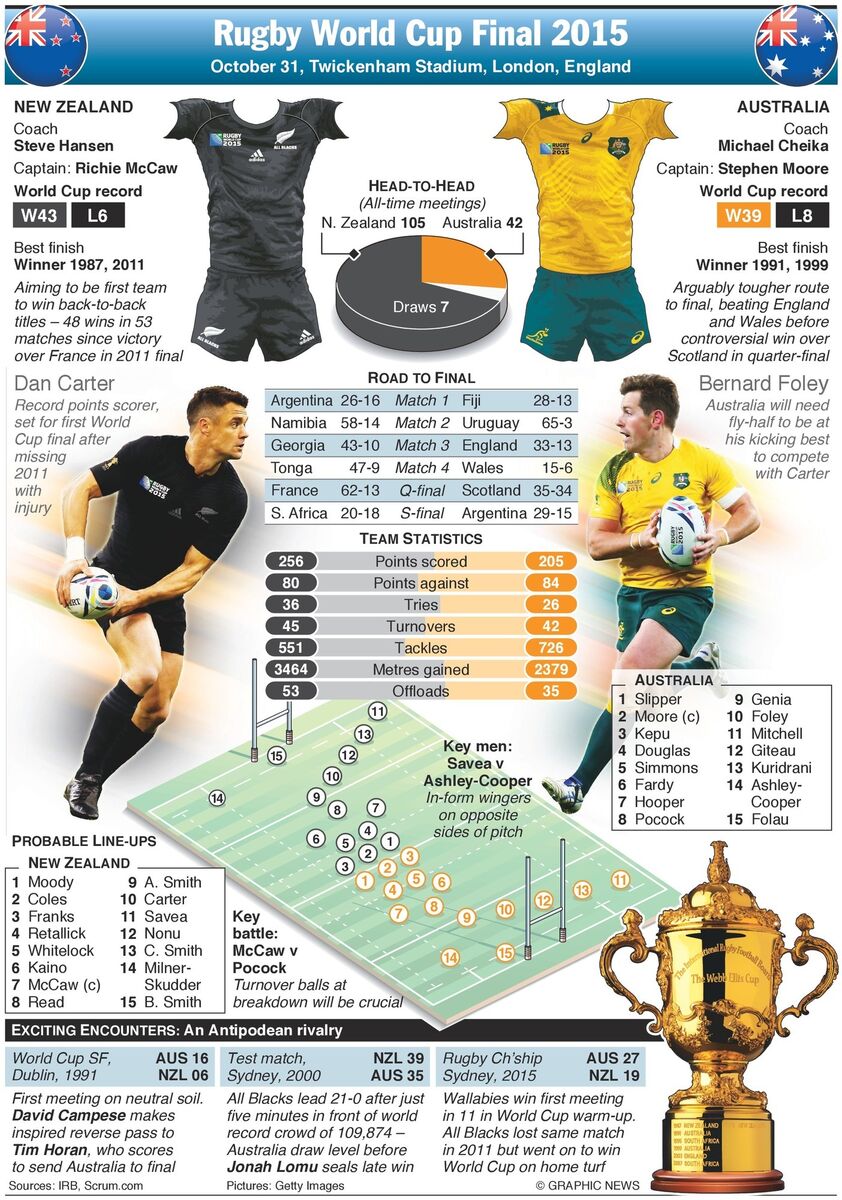
In a tournament where giants of the game who are the wrong side of 30, like Paul O’Connell and Jean de Villiers, have bowed out with serious injury, you can see that they don’t always get the fairytale ending. But I hope Carter finishes on a high with New Zealand, and is deservedly remembered as the greatest 10 of all time.
I’d be lying if I said I could compare Michael Cheika to any coach I served under. He’s very much his own man and you can’t help but admire his record.
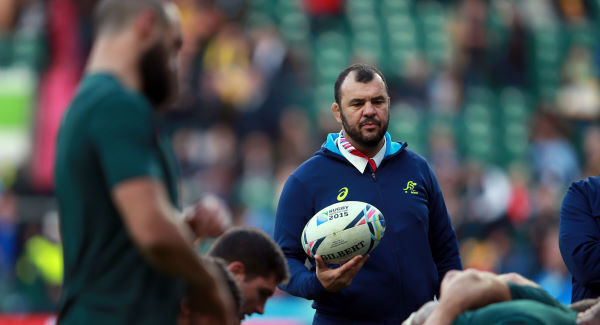
Cheika has continued with Australia where he left off with Leinster and the Waratahs, guiding underachieving teams to the heights they should have been reaching but weren’t.
The Wallabies’ players are talented but that hasn’t got them very far unless they are united and pulling in the same direction. Cheika has created an environment where they want to play for each other — obviously he’s good technically and tactically as well, but what he’s really excelled at is creating the right culture. This week their Twitter hashtag is #strongerasone and they’ve been taking lots of team selfies — that isn’t a coincidence.
It was the same story at Leinster, they had a lot of talent but never got results until he came along. Perhaps they weren’t as united as they needed to be when the going got tough, but they became extremely hard-nosed under him. He’s very stern and lays down his rules, which are to be respected 100%. You can either play by those rules or leave, and if you step over the line, it’s goodbye and good luck.
For all that, Australia are exactly where they should be with the talent they have. If you ask me, they’re underachieving if they don’t make a World Cup final. Cheika has instilled the belief and confidence in them, but it remains to be seen if they can go the distance.
Jones helped to set standard at Munster
There’s been no shortage of good players in the news for long-term injuries recently, but, unlike most of them, Felix Jones won’t be making any comeback.
Before injury cruelly curtailed his career at just 28 years old this week, Felix was right up there in terms of people who drove standards in Munster and Limerick. He came in after the likes of Jerry Flannery, John Hayes and David Wallace had departed the scene and kept pushing himself and all around him. With Paulie gone from the forwards and now Felix from the backs, it leaves a huge leadership void in Munster.
The truth is you’d usually be slow to warm to someone who has come down from Leinster. Moving in the other direction isn’t something I could ever have done, but those who do switch province have character and desire. The whole Munster squad warmed to him because of his values, his work-rate and continuous desire to improve himself, which was infectious. Some guys can do that in spurts for a month or two here or there, but he possessed this incredible desire to do so day after day to help Munster win.
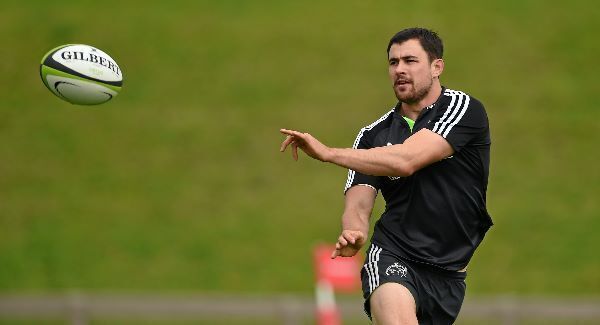
One of the greatest compliments to him is that when he told Michael Cheika he was leaving Leinster, Cheika banned him from going to into the club’s training ground; it showed how annoyed he was about it, because he realised he was losing a good one.
Felix was suited to playing for Munster; before him, you had Shaun Payne at full-back who was safe as houses and extremely brave. That’s what Munster fans want in their last line, a guy who is willing to put their head where it hurts. Felix obviously had no regard for his body, and unfortunately he has had to call time early. He’d had a previous neck injury in the same area in 2009, so the great news is he’s thankfully not in a wheelchair.

